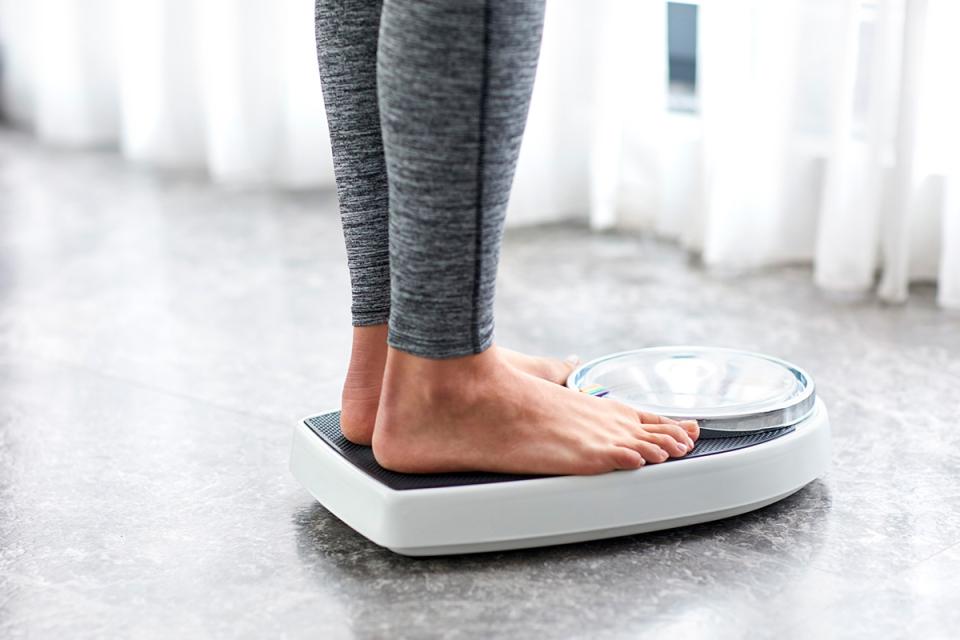The body needs a certain amount of fats, proteins and carbohydrates daily to function. Excluding or overindulging can have consequences. For instance, eating too much protein can wreak havoc on your kidneys.
Apart from people with diabetes, and certain metabolic or thyroid diseases, most people should steer clear of such extreme diets. Instead, Dr. Hinds suggests going back to basics with a weight loss philosophy of eating healthy, whole foods and avoiding processed foods, especially added sugar. Focus on variety and moderation, and enjoy the flavor of real foods.
Unfortunately, celebrity endorsements and catchy advertisements tend to outweigh medical recommendations and, in some cases, even common sense. For instance, diet pills, herbs and supplements continue to earn record profits despite not being strictly regulated by the Food and Drug Administration.
Dr. Hinds warns against these dietary supplements saying, "Because they aren't regulated like prescribed medications, but rather as special foods, you don't know what you're consuming and that's pretty scary."
So, while your brother-in-law and his fiancée search for a quick way to get into wedding shape, make your plan to follow Dr. Hinds' advice and eat a balanced diet, focusing on vegetables and fruits, healthy proteins and fats … and don't skip meals, especially breakfast!

